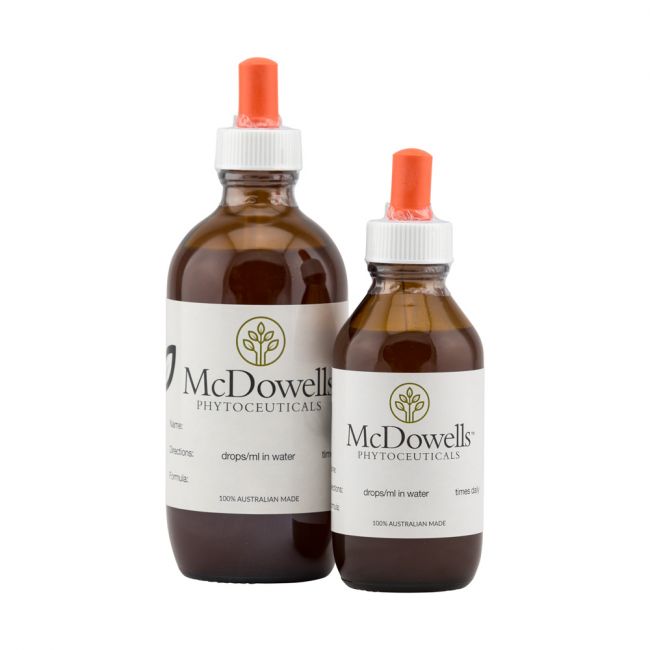Pancreatitis is an inflammation of the pancreas. The pancreas secretes digestive enzymes into the small intestine through a tube called the pancreatic duct. These enzymes help digest fats, proteins, and carbohydrates in food. The pancreas also releases the hormones insulin and glucagon into the bloodstream. These hormones help the body use the glucose it takes from food for energy.

Normally, digestive enzymes do not become active until they reach the small intestine, where they begin digesting food. But if these enzymes become active inside the pancreas, they start "digesting" the pancreas itself.
Acute pancreatitis occurs suddenly and lasts for a short period of time but then usually resolves. If injury to the pancreas continues, chronic pancreatitis may develop. Chronic pancreatitis occurs when digestive enzymes attack and destroy the pancreas and nearby tissues, causing scarring and pain. The usual cause of chronic pancreatitis is many years of alcohol abuse, but the chronic form may also be triggered by only one acute attack, especially if the pancreatic ducts are damaged. The damaged ducts cause the pancreas to become inflamed, tissue to be destroyed, and scar tissue to develop.
While common, alcoholism is not the only cause of chronic pancreatitis.
Chronic pancreatitis does not resolve itself and results in a slow destruction of the pancreas. Either form can cause very serious complications.
The symptoms of pancreatitis include pain in the upper abdomen or pain that reaches to the back and other areas. It may be sudden and intense or begin as a mild pain that gets worse when food is eaten. Other symptoms may include swollen and tender abdomen, nausea, vomitting, fever, and rapid pulse. Severe cases may cause dehydration and low blood pressure.
People with chronic pancreatitis often lose weight, even when their appetite and eating habits are normal. The weight loss occurs because the body does not secrete enough pancreatic enzymes to break down food, so nutrients are not absorbed normally. Poor digestion leads to excretion of fat, protein, and sugar into the stool. If the insulin-producing cells of the pancreas (islet cells) have been damaged, diabetes may also develop at this stage.
There is a finely balanced harmony between all the systems of the body including all the organs and the other major systems like the Urogenital System, the Digestive System, the Nervous System, the Cardio Vascular System and the Immune System.
Hormonal and nervous system messages are being exchanged between each system and the individual members of each system constantly, all aimed at tuning the entire metabolism to respond to the day to day and moment to moment demands of this most complex of machines, the human body.
Pancreatic conditions seem to develop in individuals more from emotional causes, than most other conditions.
In particular, an emotional deficit best described as a lack of sweetness in a persons life, and I don't mean a lack of candy.
Very caring and supportive people are amongst those who develop the two main illness of the pancreas, diabetes and pancreatic cancer. These folk, for all their virtue and caring often do not experience sufficient emotional nourishment, of a sweet and intimate nature in their own lives, and sometimes compensate by craving sweet food. This can lead on through to diabetes and to pancreatic cancer in some cases.
I also suspect that certain agricultural chemicals may be involved in the sudden onset of pancreatic cancer .
I see the pancreas as a more sensitive organ than most and when treating it, I rely on herbs to support the associated systems as much as those supporting the pancreas itself. This approach seems to work well and the pancreas seems to function best when all its metabolic partners are happy.
For any patient whose pancreas has been out of balance, perhaps reflecting in blood sugar problems from either emotional or perhaps chemical upsets; I prescribe a generalised mix to help it come back into normal function.
The herbs I include in my pancreatic reconditioning mix are: Chamomile, Oats, Dandelion, Bladderack, Rosehips, Fennel, Elecampane and Alfalfa. To this mix I add the Bach Flower Remedies Walnut, Scleranthus, Olive and Rescue Remedy.


